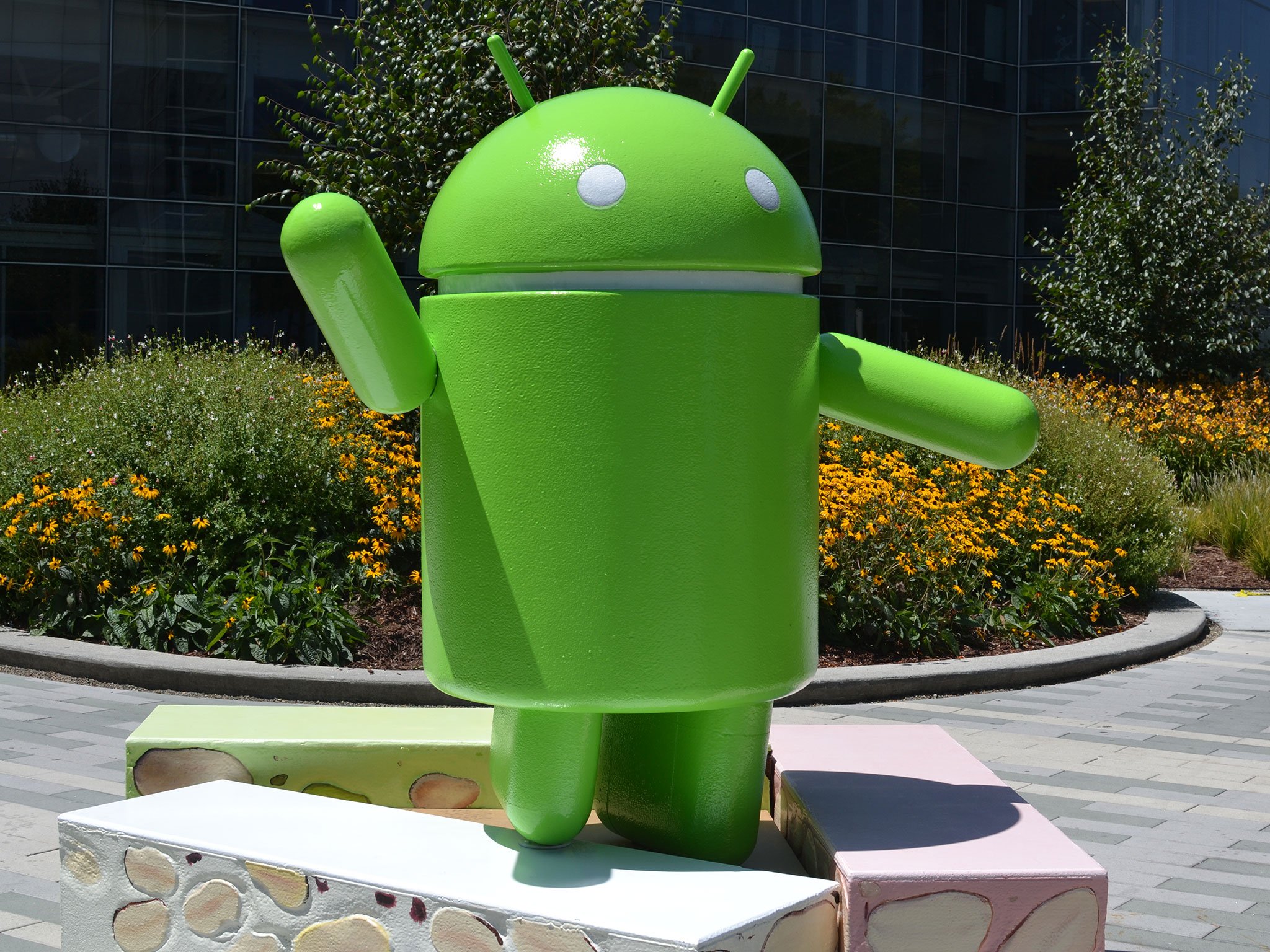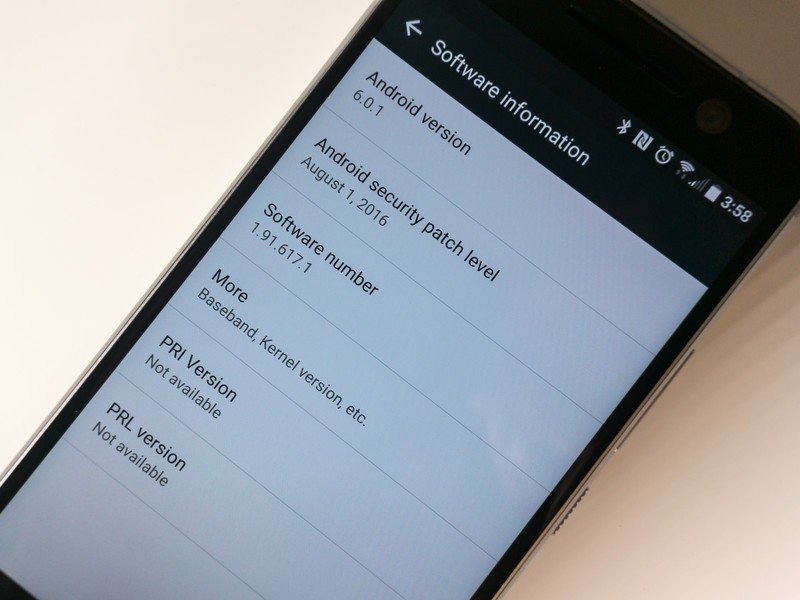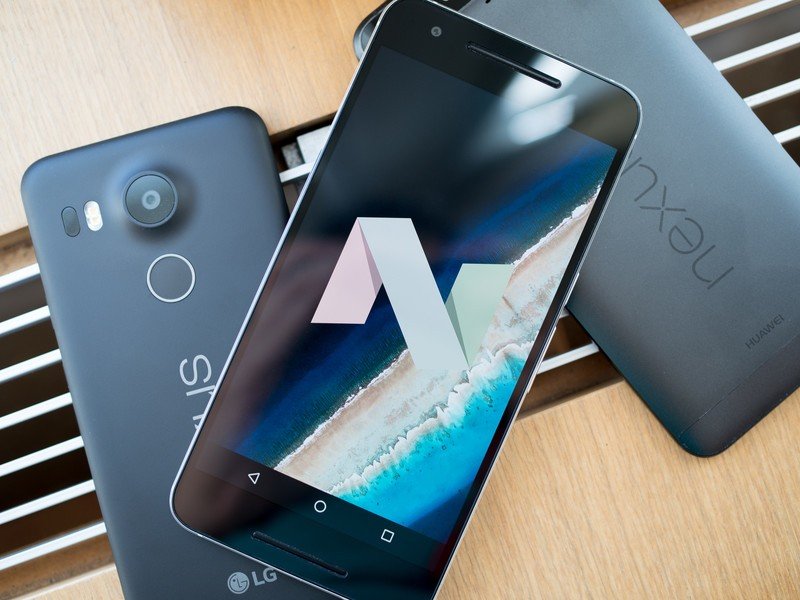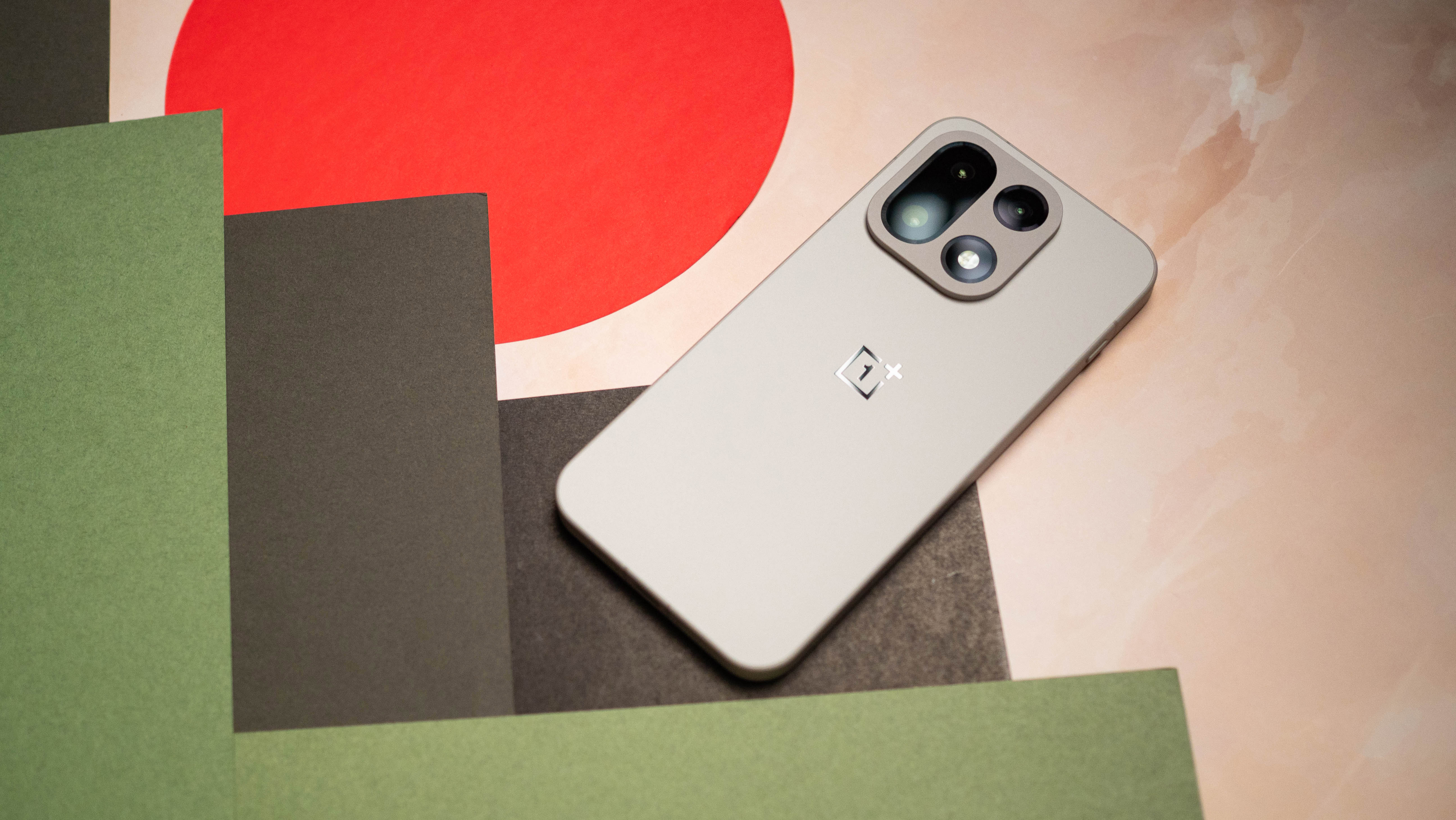Your phone may never get Android 7.0, but does it really matter?

Android and updates seem like a mystery to many of us. If you're not familiar with the way a big open-source software distribution works, it can get a little confusing trying to sort out who gets what version and when. Reading the things you see online often make it worse, too — we're all talking about how Android 7.0 is here, and when phones will be updated, or if they will be at all. Then the obligatory comparisons to Apple's iOS or Microsoft Windows (which are both a thing that is built and distributed as a whole) start and more confusion just happens. It's nobody's fault: most of us think about Android as a thing on its own, but it's not. Since it's the time of year for a whole new version, we get to start the process all over again.
Free as in beer
Nobody "owns" Android, and that's why everything is so different. Android is, for all intents and purposes, a Linux distribution like Ubuntu. Google maintains the source code but they don't turn it into a piece of software and hand it out. They get patches and additions from a bunch of qualified folks and make sure everything works as intended, then let anyone and everyone take it to do whatever they like with it. It's important to understand what Android is, and how it gets distributed, when we think about the software on our phones.
You have two choices when it comes to operating system version updates — buy phones direct from Google, or waiting.
Two kinds of updates

Updates are important, but so is understanding how they work for Android. The important updates aren't the ones you hear about on a stage somewhere, no matter what someone else wants you to believe. The ones that get put out every month by the Android team at Google or the Knox team at Samsung or whoever is in control of releasing maintenance and security patches for the Android distribution they custom-built for your phone are the important ones. These are the patches that make sure your phone does exactly what it was promised to do when you bought it and does it securely.
The small monthly updates are the important ones.
Google does a pretty good job and keeping Android versions up to date. They may do a lot of other things poorly, but they are still pumping out software fixes as far back as Ice Cream Sandwich. They also make it easy to see what was patched, and how, in case you want to build it yourself on your customized version. That's where the folks who make your phone come into the picture.
Google takes these patches and puts them into the version of Android they make for their own phones. Remember, even phones like the Nexus 6P need their own version of Android built. Samsung and HTC and Huawei and everyone else is free to do the same and build a small patch for the phone in your hands. Carriers can and will try to ruin the process, but with them out of the picture it really is this simple. Once you get it, you install it and there is absolutely nothing wrong with your Lollipop phone, or even with your KitKat phone. It works as advertised, and you're generally safe from the nasty things you hear about malware unless you do something silly like trust people you shouldn't when installing software from outside of Google Play.
New features
The other kind of update gets all the press and all the attention. They usually bring new features or change how things work, and people like me take the time to write about them. They are great updates (once they work the way they should) and they're worth talking about. But those low-key monthly updates are far more important. You don't buy a refrigerator or a golf cart because of the great things that will come next year, so you shouldn't buy a phone for the great things that come next year. The things it does this year need to still work.
Get the latest news from Android Central, your trusted companion in the world of Android
Because of the way Android is distributed, Google knows that 100 different phones may be running 100 different operating systems, but they all will be fully Android compatible — running Android at the core if you want to think of it that way. That means they can all run the same apps and access the same services, and if they use Google Play they are even more compatible with Android apps and services. While Google builds a custom version for their own phones, they also focus on making apps run better and do more of the things we usually think of as system features. Android is and always has been about apps and online services. It always will be.
You have two choices when it comes to Android version updates — phones direct from Google or waiting.
Enter Google Play Services. It's a horrible solution for keeping more versions of Android compatible with each other when it comes to running apps, but it's also the best solution. Google can not force any company to update a phone they built — Android is free to use, and as long as the phone met the standards required to run Google Play when it was built, it can run Google Play. Thinking Google can (or even wants to) yank permission to use their apps and store away from a manufacturer is silly. Stop thinking it. Instead, Google Play Services handles much of the behind-the-scenes stuff an app needs to run. Things like location services or security. Google can do whatever it takes to make Play Services compatible with most versions and update it independently from the operating system, and that's exactly what they do. When you see Play Services eating up your battery, that's because so many apps are using it.
Te reiterate — if your phone runs Lollipop and has the latest version of Play Services (and you would know if it doesn't because you changed it yourself) do you really need Nougat? Your phone still does all the things it was supposed to do and can run almost every app available. Most app-based security is handled by Play Services as well. Combined with the latest Security Patch for the core system itself, your phone is fine and you should be happy using it.
Is Android N important?

Yep. Android 7.0 Nougat is a major update, even if the user-facing features don't reflect it. Changes to the ways apps can run in the background, changes to the way updates are handled and changes to the overall security model are a major shift from what we have with Lollipop. Eventually, these changes will be required to run apps and use Google's services. Think of it as Android's Windows 7 moment — things look familiar, but everything you can't see has been improved.
I want Nougat. That's why I have a Nexus 6P. But I also know that any other phone on my desk that is current for its version of Android is still a fine phone and does what I need it to do. I'm fine waiting on Nougat for phones like my HTC 10 or my Galaxy S7 edge, as long as the monthly patches — the important updates — keep coming.

Jerry is an amateur woodworker and struggling shade tree mechanic. There's nothing he can't take apart, but many things he can't reassemble. You'll find him writing and speaking his loud opinion on Android Central and occasionally on Threads.
